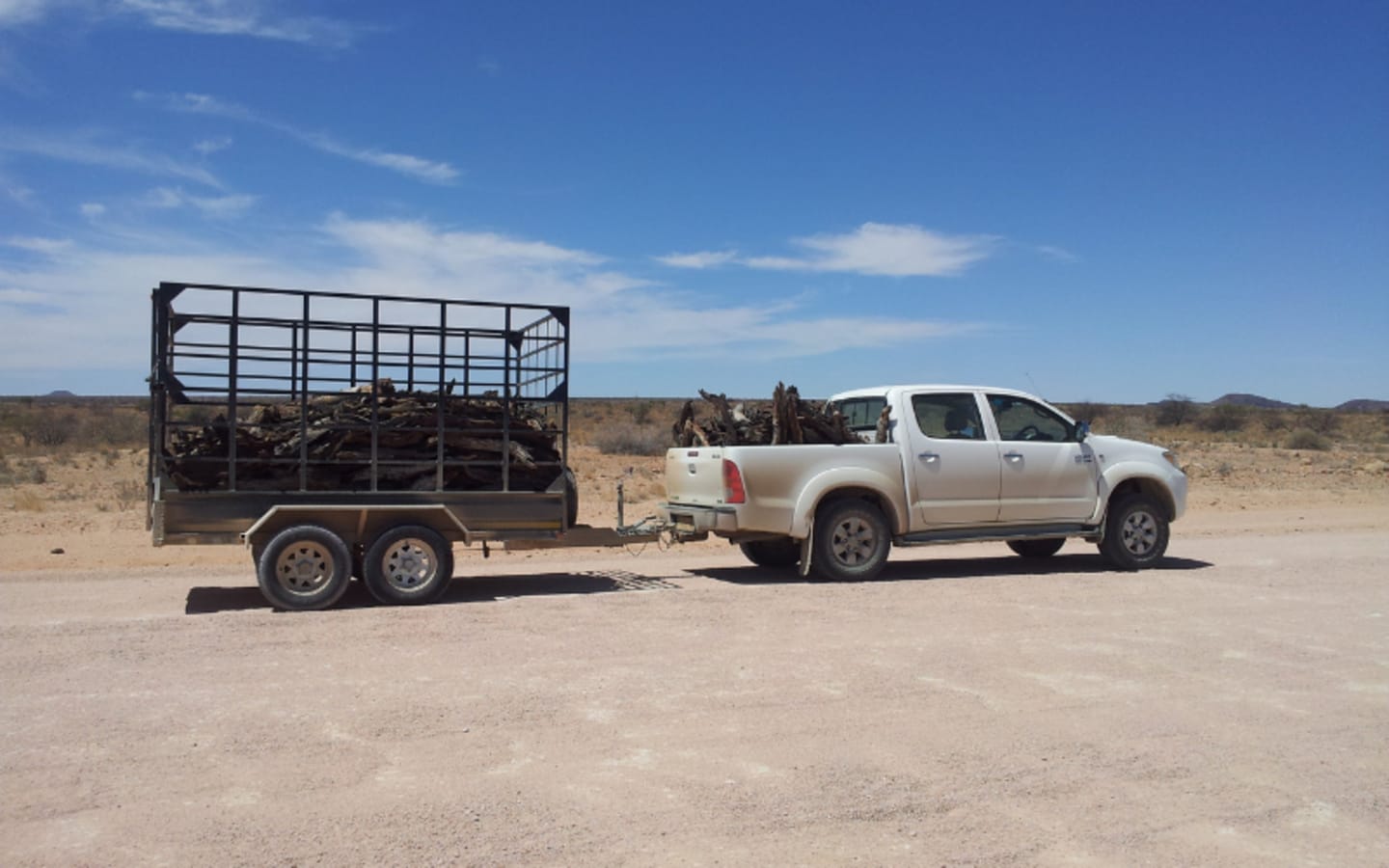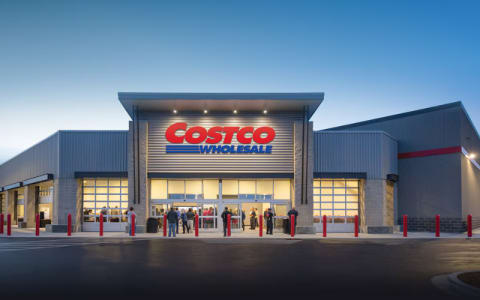Diesel engines are the true MVPs when it comes to pulling large weights. Diesel-powered rigs simply appear to perform better than their gas-powered equivalents, whether you're towing a camper across the nation, a trailer full of equipment, or a boat for a weekend vacation. However, why is that? Let's dissect it and see what makes diesel engines the best at hauling.
Torque Is the Name of the Game
First, torque is the key to diesel engines. Torque, for those who are not gearheads, is essentially the twisting force that propels objects forward. Particularly at lower RPMs, diesel engines provide far more torque than gas engines. This implies that a diesel engine has the oomph to effortlessly draw a large weight while you're beginning from a complete stop. Gas engines? They tend to need to rev up higher to get going, which ain’t as efficient when you’re towing something beefy.
Built Tough for the Long Haul
Diesel engines are built like tanks. Seriously, the internals—think pistons, crankshafts, and all that jazz—are designed to handle more stress and pressure. This explains why so many large trucks and heavy-duty rigs are powered by diesel. They are designed to withstand damage and continue to function. Gas engines are great for small, fast cars, but they simply don't have the same durability when it comes to towing.
Fuel Efficiency That Saves Your Wallet
Here’s another perk: diesel engines sip fuel way better than gas engines when towing. Sure, diesel might cost a bit more per gallon, but you’re getting more bang for your buck. The way diesel burns gives you better mileage under load, so you’re not stopping every five minutes to fill up. I remember this one time I borrowed my buddy’s diesel F-250 to tow my old boat to the lake—two hours each way. That thing barely touched the fuel gauge, while my gas-powered SUV would’ve been begging for a pit stop halfway there.
Low-End Power That Punches Hard
When it comes to low-end power, diesel engines excel. When you're pulling out of a muddy campsite with a trailer in tow or ascending a steep hill, that's the power you need. They just dive in and go; they don't waste time waiting for the RPMs to rise. It’s like having a linebacker on your team instead of a speedy wide receiver. One’s built to push through, the other’s more about flash.
Cooling and Longevity
Towing puts a ton of heat and strain on an engine, right? Diesel engines are champs at keeping their cool. They’re designed to run at lower temps compared to gas engines, which means less overheating when you’re hauling heavy. Plus, they tend to last longer. You’ll see diesel trucks with hundreds of thousands of miles still towing like it’s no big deal. Try that with a gas engine, and you might be lookin’ at a rebuild.
Why It Matters for Towing
Why, then, is diesel the best option for towing after all of this? It's straightforward: strength, longevity, and effectiveness. You don't want an engine that will sputter or use gas like it's going out of style when you're towing a 10,000-pound trailer. Diesel gives you the muscle to pull hard, the stamina to keep going, and the fuel savings to make it practical. That’s why farmers, contractors, and road-trippers swear by ‘em.
Final Thoughts
Look, if towing’s your thing, diesel engines are where it’s at. They’ve got the torque to yank heavy loads, the guts to last forever, and the efficiency to keep you from goin’ broke at the pump. Yeah, they might be a bit louder and stinkier than gas engines, but when you’re towing, it’s all about results—not a fancy ride. Next time you’re shopping for a tow rig, don’t sleep on diesel—it’s the real deal.





